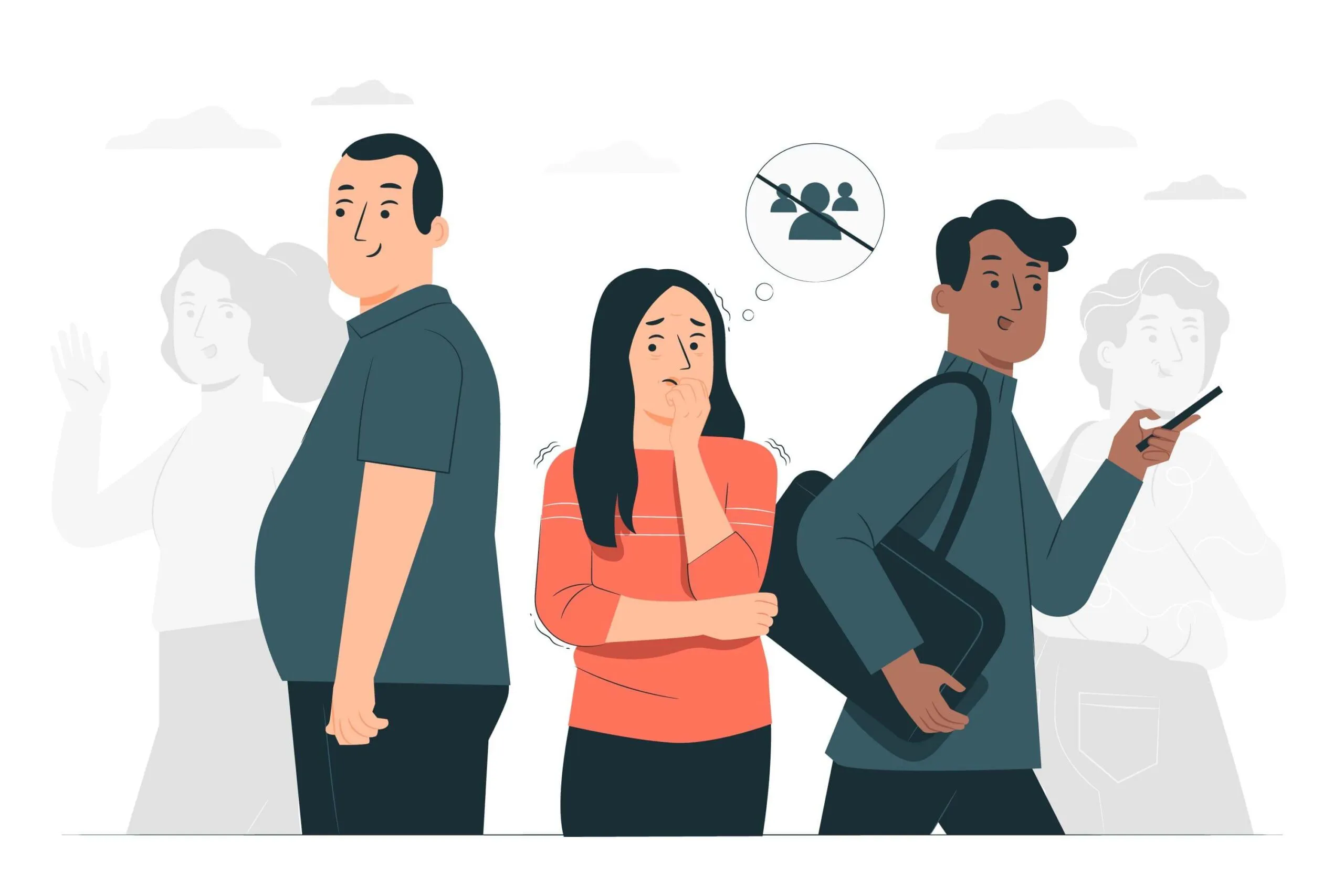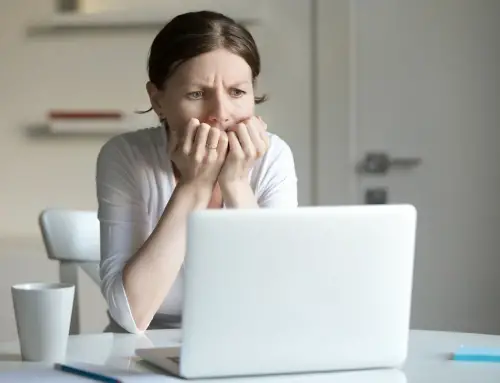Social Anxiety Disorder (social phobia) – Symptoms and Treatment
Are you just Shy or is it a Sociophobia?
Are you afraid of attending public gatherings or feel overly conscious while meeting new people? Does the feeling of being judged affect you in everyday situations? If you have been feeling this way consistently for quite some time or if these feelings make it hard to keep up with your daily routine at work or school, then it may be an indication of sociophobia.
Also Read: Cyberchondria – Internet Disease
What is sociophobia?
Also called Social Anxiety Disorder (SAD) or social phobia, it is an intense, excessive, and irrational fear in social situations and interactions. It typically starts during the teen years and can have a significant impact on life. Some people get better as they get older. For many, however, it does not go away on its own.
- Feeling nervous or sweaty when in a crowd
- Intense fear or anxiety during social situations
- Feeling of being judged or being self-conscious
- Fear of embarrassing the self
- Intense fear of interacting with strangers
- Fear that others will notice that one looks anxious
- Avoiding situations that make one the center of attention
- Anxiety in anticipation of a feared activity or event
- Analyzing the performance and overthinking of flaws in the interactions after a social situation
In addition to the behavioral symptoms, physical symptoms are also present including elevated heartbeat, trembling, sweating, upset stomach or nausea, muscle spasms, feeling that your mind has gone blank etc.
Also Read: Premenstrual Syndrome: Causes, Symptoms, and Treatments
How to Manage Sociophobia?
1. Learn more about the anxiety
Simply ignoring the anxious thoughts can sometimes lead to severe anxiety symptoms. Educate yourself by learning the warning signs, triggers, treatment options and the latest research around it. Self-awareness can go a long way in helping oneself or the loved ones who are struggling with this phobia.
2. Maintain a journal
It is important to know what goes in the mind when having an anxiety attack and how to behave in social situations to come up with a rescue plan.
3. Try relaxation techniques
Deep breathing or grounding technique, also known as the 5-4-3-2-1 technique, can help distract your mind and cope with an anxiety attack.
When feeling anxious, concentrate on your breathing. Take slow and deep regular breaths. Once your breathing is normalized, follow the 5-4-3-2-1 steps. Identify:
- 5 things you see around you
- 4 things you can touch around you 3 things you can hear
- 2 things you can smell
- 1 thing you can taste
Also Read: Illness Anxiety Disorder (Hypochondria, Hypochondriasis)
4. Take things slow & steady
Instead of trying all the different techniques at once, picking one and trying it out can be a better idea. Moreover, break down the problem areas into smaller situations and work on these parts individually. Once a particular situation seems under control, work on the next challenge area.
5. Communication is the key
Never sit and assume the worst but communicate with loved ones or trusted friends. An honest conversation about how one is feeling or their struggles can give them much-needed support and assurance.
Remember! Sociophobia is treatable
Talk therapy, medicines, or both can help overcome social
phobia. In case of overwhelming feelings in social situations, getting professional advice can surely help.





